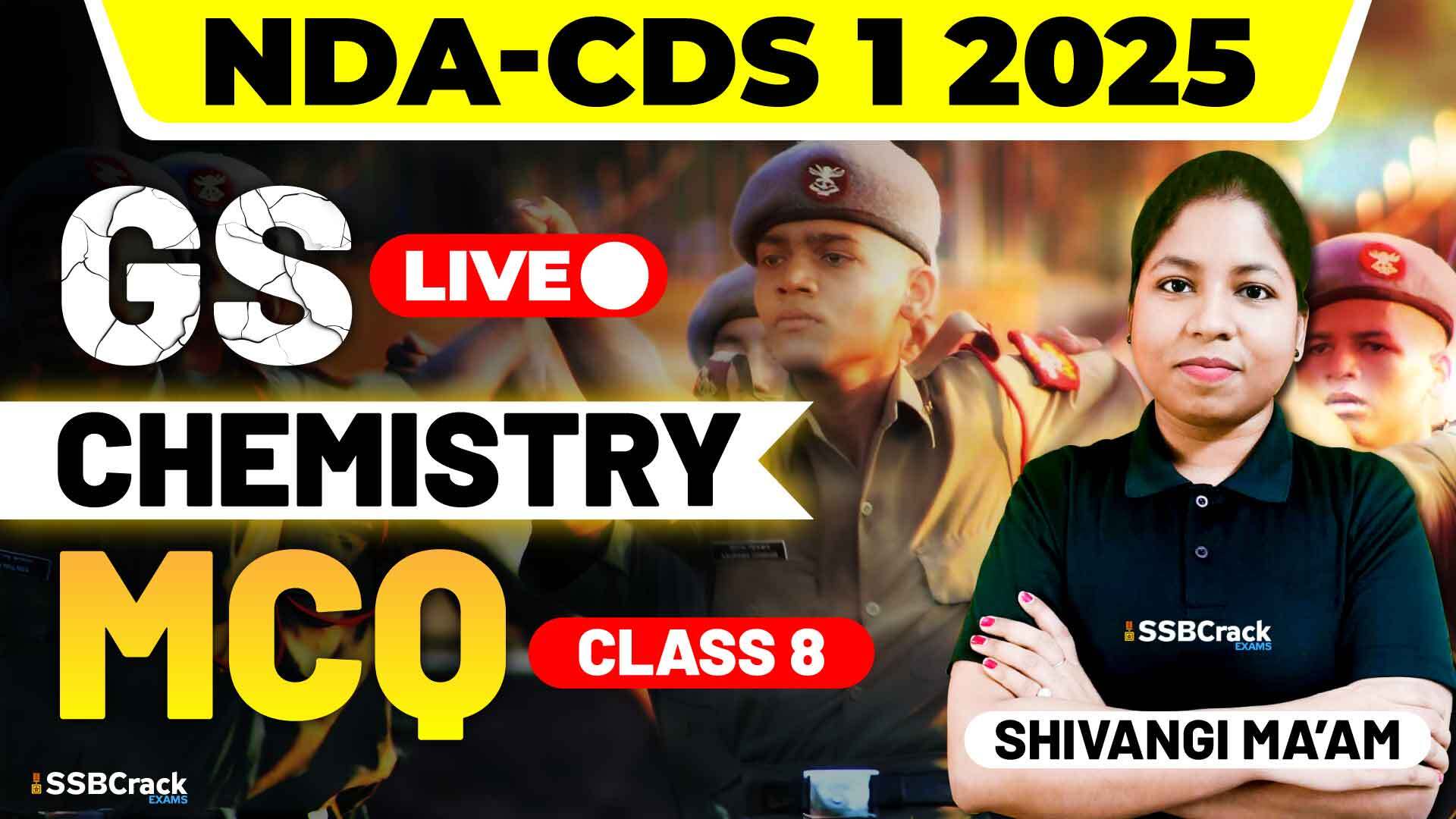For aspirants preparing for the NDA & CDS 1 2025 exams, mastering Redox Reactions in Chemistry is crucial. This topic forms the foundation for various chemical processes and has direct applications in both theoretical and practical aspects of science. The questions related to redox reactions frequently appear in the General Science section, making it an essential part of exam preparation.
Understanding the Basics of Redox Reactions
Redox reactions, short for reduction-oxidation reactions, involve the transfer of electrons between chemical species. They play a fundamental role in determining the reactivity of elements and compounds. Concepts such as oxidation number, balancing redox equations, and the role of oxidizing and reducing agents are frequently tested in competitive exams like NDA and CDS. A strong grasp of these basics can help aspirants tackle conceptual and numerical questions with confidence.
Importance in Real-Life Applications and Military Science
The significance of redox reactions extends beyond textbooks. Many real-life applications, such as corrosion, electrochemical cells, and combustion reactions, rely on these principles. For future officers in the defense forces, understanding such reactions is essential, as they relate to the working of batteries, explosives, fuels, and corrosion control in military equipment. Knowledge of redox reactions also aids in understanding biochemical processes like respiration and metabolism, which are crucial for physical endurance and survival training.
Expected Question Patterns in NDA & CDS 1 2025
In the NDA & CDS exams, questions from redox reactions can appear in multiple formats:
- Conceptual Questions: Identifying oxidation and reduction reactions, determining oxidation states, and understanding redox equations.
- Numerical Questions: Balancing redox reactions using ion-electron methods, calculating electrode potentials, and understanding electrochemical series.
- Application-Based Questions: Understanding the working principles of galvanic and electrolytic cells, corrosion prevention techniques, and redox-based industrial applications.
Aspirants should focus on practicing revision questions, MCQs, and previous years’ papers to develop accuracy and speed in solving these problems.
Conclusion
For NDA & CDS 1 2025 aspirants, mastering redox reactions is not just about scoring well in Chemistry but also about understanding key chemical principles that have real-world applications in defense and military technology. Regular practice, concept clarity, and application-based learning will help candidates excel in this topic and enhance their overall performance in the examination.







